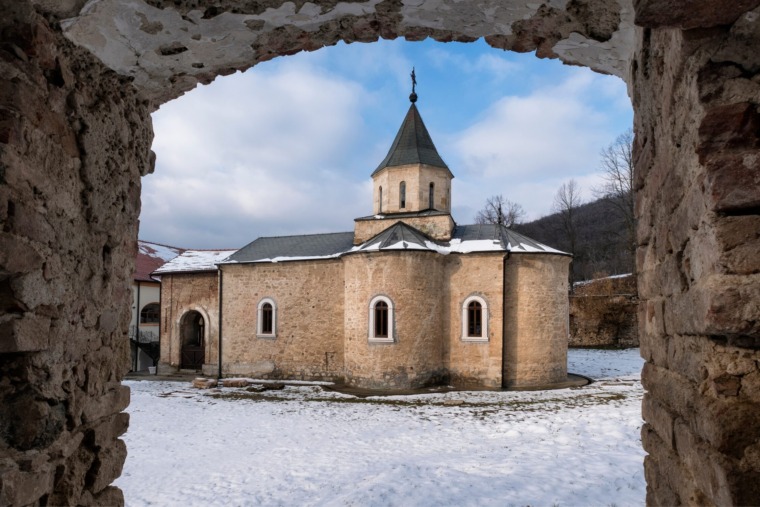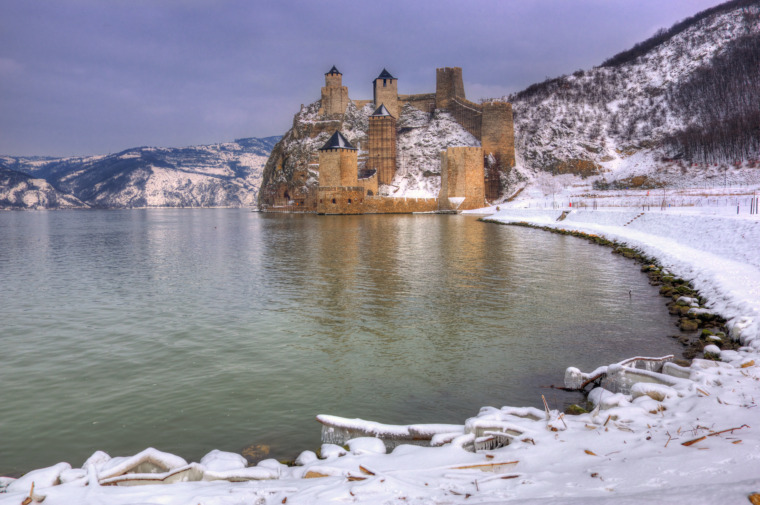
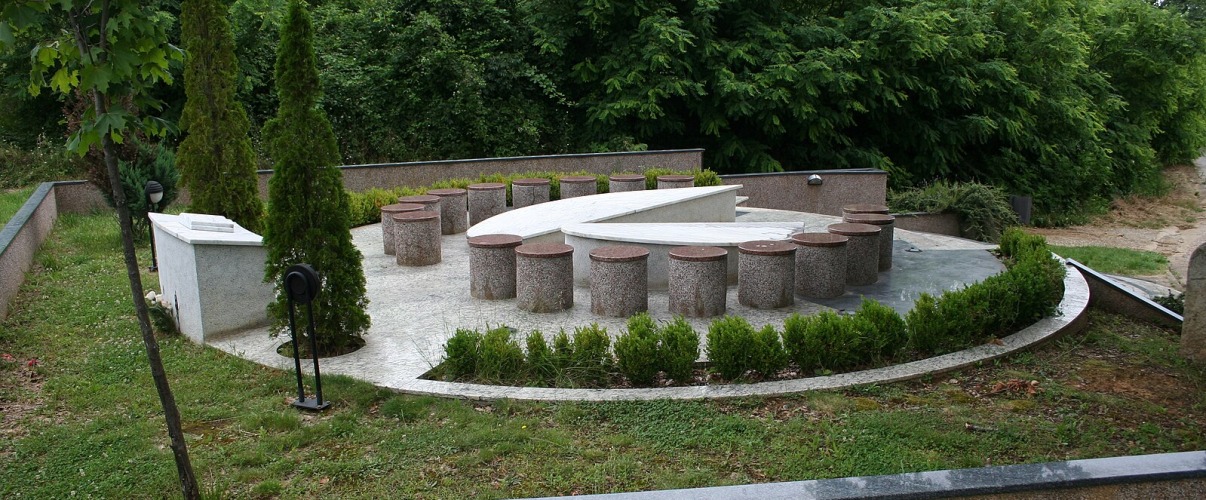
In the heart of Mačva, near Šabac, the story of Pavle and Đula still lingers in the air, whispered among the locals and immortalized in stone at Ašikov Grob. A tale of love, rivalry, and tragic fate, this legend has become one of Serbia’s most poignant stories, drawing comparisons to Shakespeare’s Romeo and Juliet.
A Feud Between Two Wealthy Families
Pavle and Đula were born into two of the wealthiest families in their respective villages. Đula’s father, Filip, was the powerful landowner of Goločelo, while Pavle’s father, Jovan, was the esteemed master of Mrovska. Both men prided themselves on their vast estates, fertile lands, and strong livestock. However, as is often the case with neighbors of great wealth, rivalry quickly turned to envy, and envy gave birth to a deep-seated hatred.
Janko Veselinović, the famed Serbian writer, described their competitive nature best:
“God granted them plenty, yet their vanity pushed them to desire more, solely to outshine the other. Their homes were like grand cities, their estates akin to entire towns.”
A Forbidden Love Blossoms
Amidst this bitter feud, fate had its own plans. Đula and Pavle, the only children of their families, met by chance and fell hopelessly in love. Their affection grew in secret, defying the hatred that divided their households.

Unaware of their children’s budding romance, Filip and Jovan continued their relentless pursuit of dominance. But when news of the love affair surfaced, both men reacted with fury. Their decree was absolute—Đula was to marry a suitor of her father’s choosing, and Pavle was to take any bride except Đula. The young lovers were torn apart by parental command, yet their hearts remained bound by an unbreakable bond.
The Fateful Night
Desperate, Pavle and Đula arranged one final meeting at the very place where their love had first blossomed. They would reunite under the cover of night, hoping that if they could not have a future together, they could at least share a final embrace.
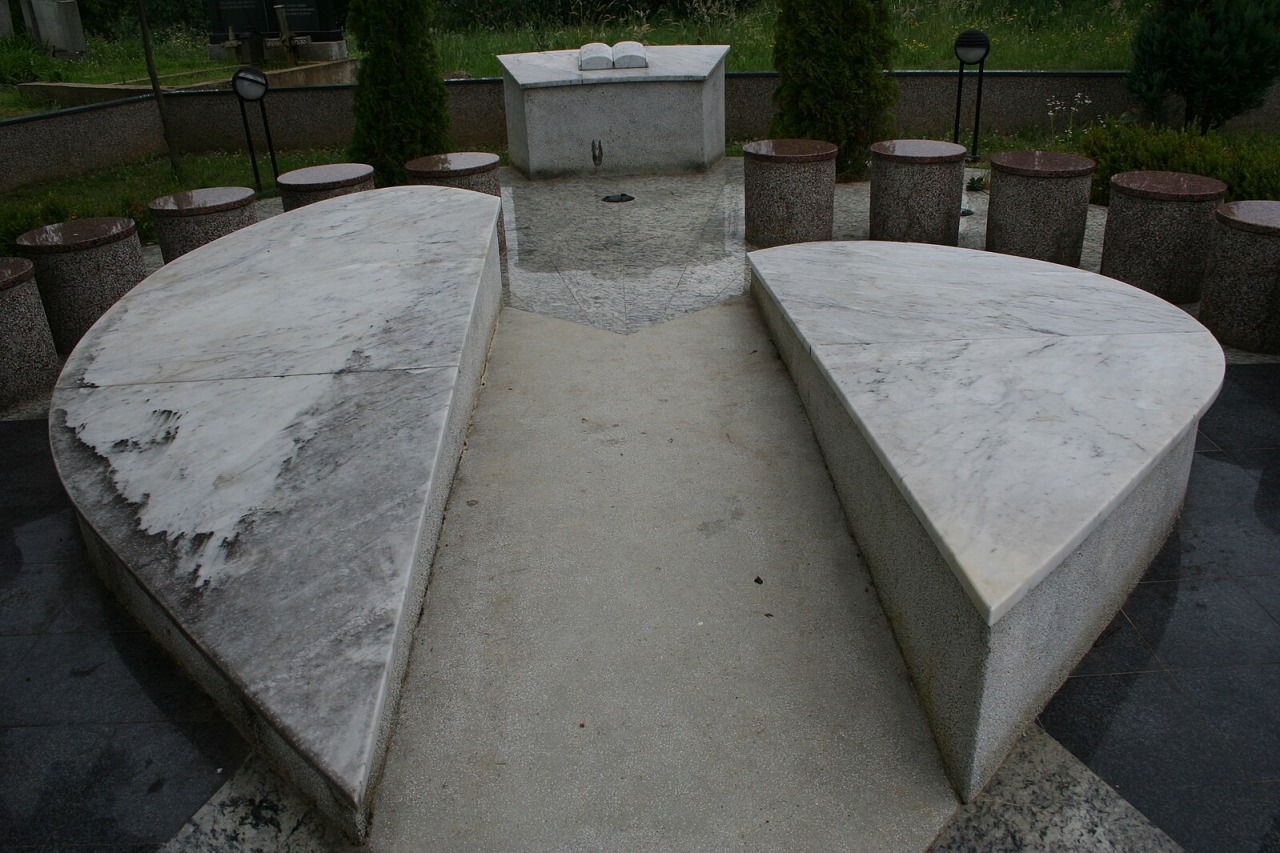
On a night of biting cold and swirling snow, Pavle arrived at their secret meeting spot. As the hours passed and Đula failed to appear, he refused to leave, waiting in the unforgiving winter night. Eventually, exhaustion and exposure claimed him, but his tragedy did not end there. The howls of hungry wolves echoed in the darkness, and before dawn broke, Pavle had met a brutal fate.
When Đula finally arrived, she found only his lifeless hand emerging from the snow. Grief-stricken and unwilling to live without him, she collapsed beside him, succumbing to the bitter cold and heartbreak.
A Monument to Eternal Love
When their parents discovered the bodies of their children, guilt and sorrow overwhelmed them. In an act of remorse, they erected a simple yet powerful monument at the place where their children had perished. The site, now known as Ašikov Grob—the Lovers’ Grave—became a symbol of love lost to pride and family disputes.
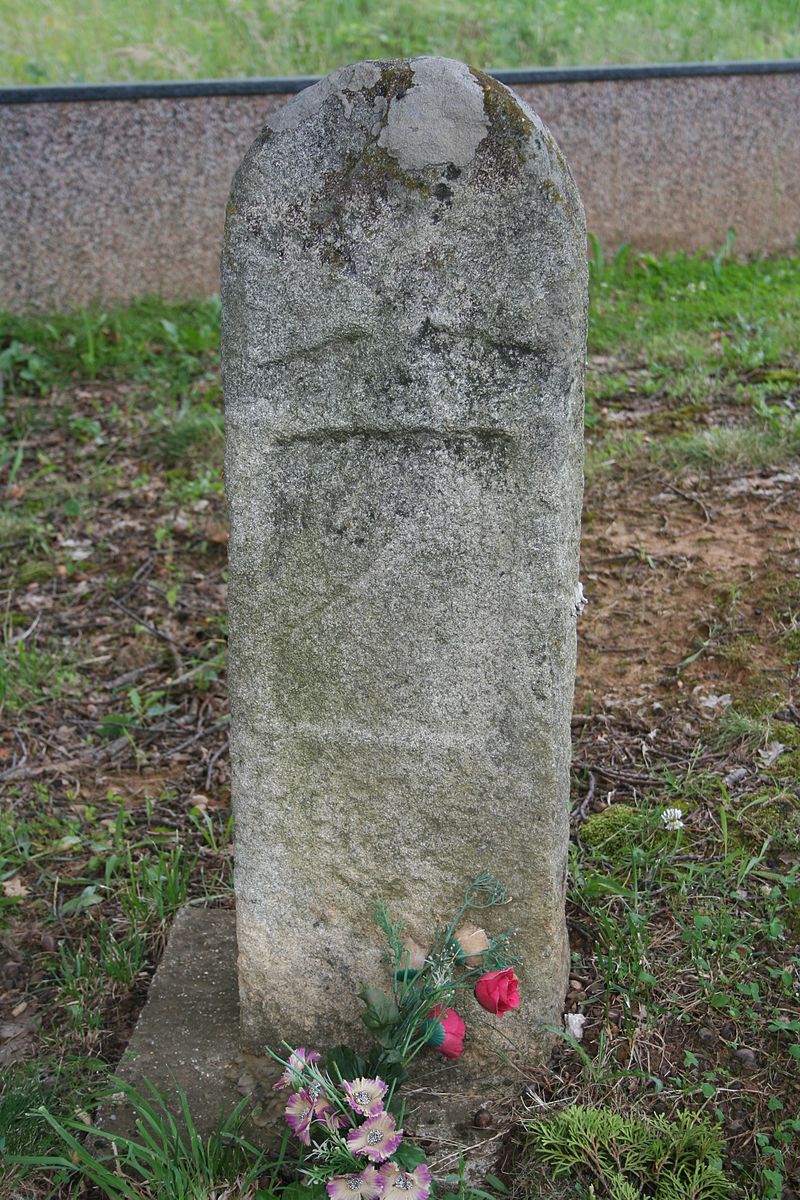
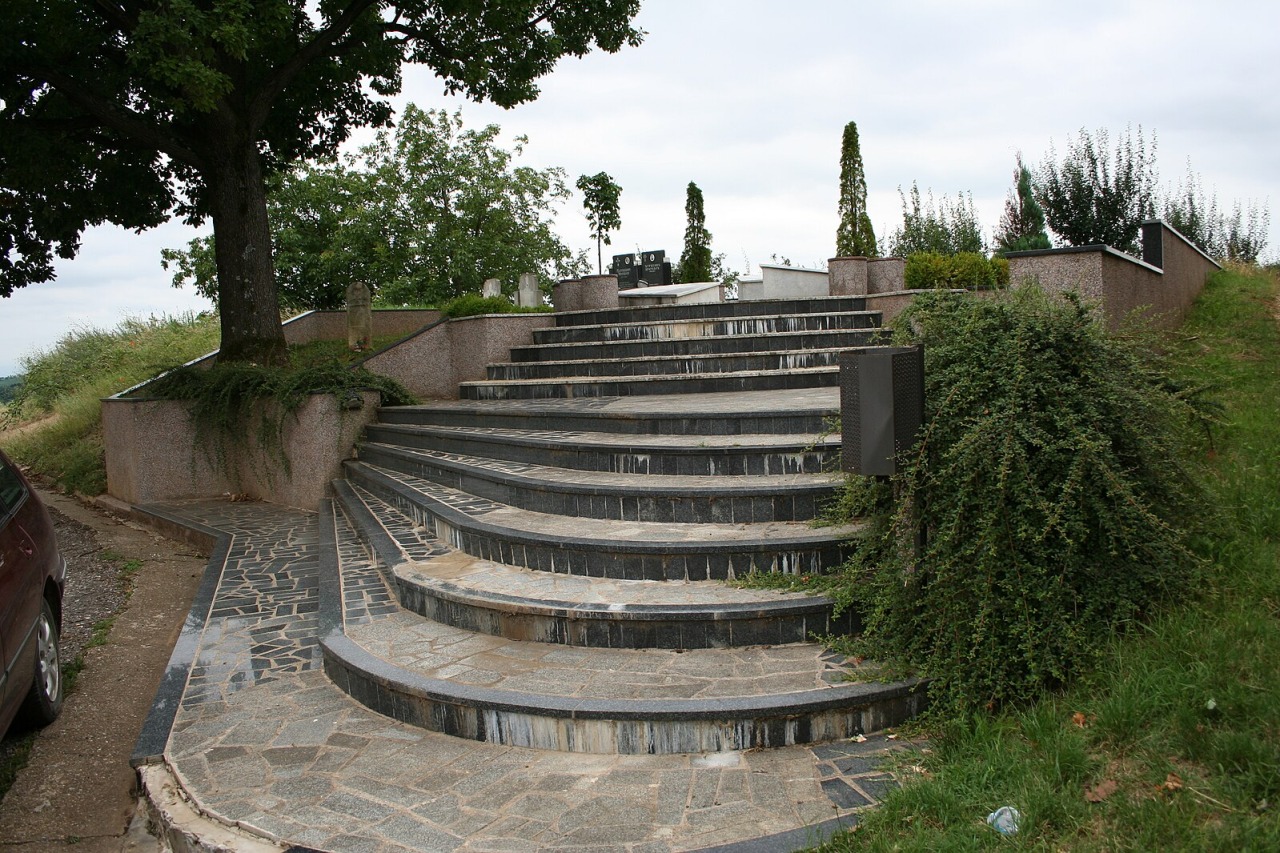
A single stone, marked only by an imprint of Pavle’s right hand, serves as the silent witness to their love. It is said that the very hand Đula held in her final moments became the hand of reconciliation between the feuding families.
A Story Preserved in Stone and Literature
Had it not been for Janko Veselinović, a writer born in Mačva, the story of Pavle and Đula might have faded into obscurity. He published the tale under the title Ašikov Grob in 1881, ensuring that future generations would remember the tragedy of the star-crossed lovers. Slobodan Jovanović later documented the story in the Mostar newspaper Zora, further cementing its place in Serbian folklore.
Today, the memorial stands about 30 kilometers from Šabac, drawing visitors from all walks of life. Tourists, lovers, and travelers seeking a connection to a timeless love story pay their respects at the site.
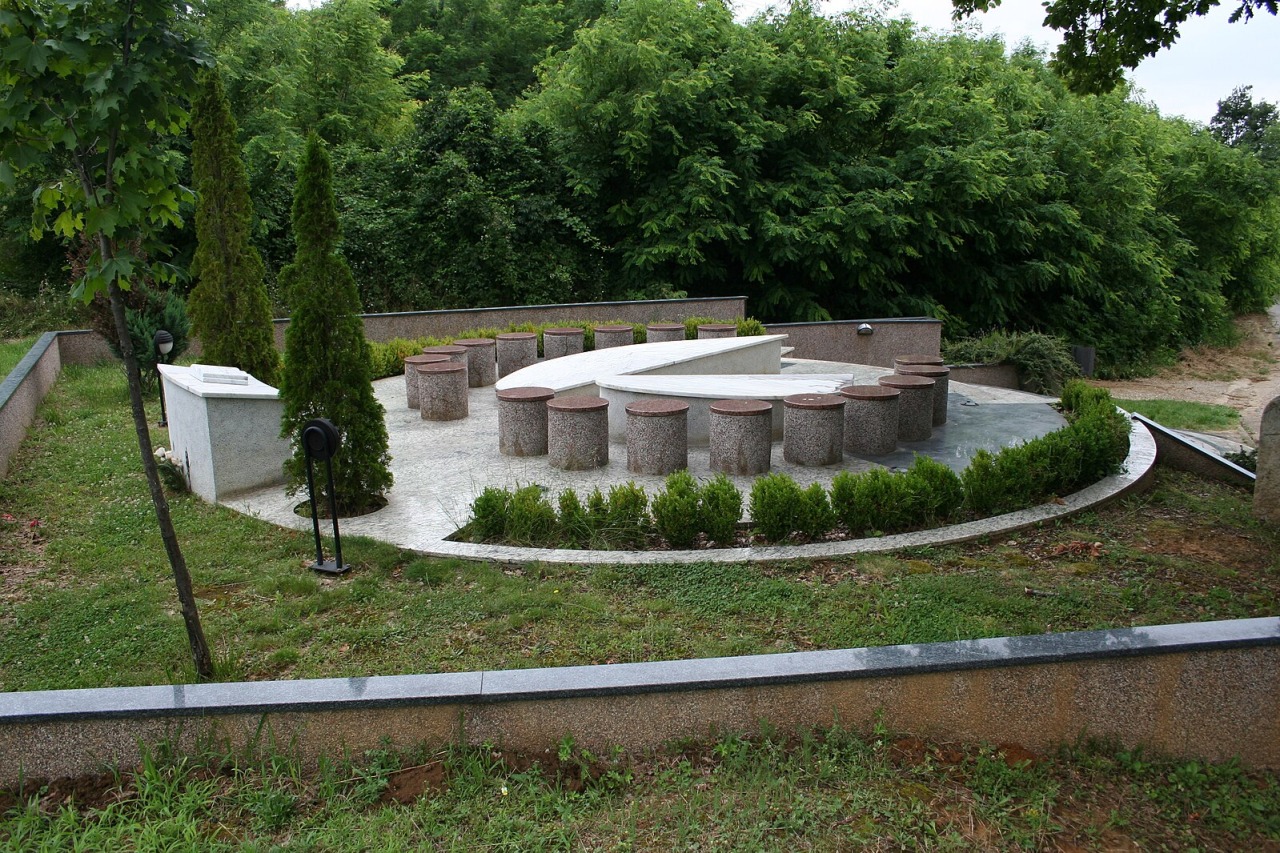
The grave, now a recognized Mačvan landmark, is marked by a heart split in two, symbolizing the unfulfilled love of Đula and Pavle. An inscription, carved as though on the pages of an open book, offers a poetic epitaph:
“Here rests a tale of love. Pavle and Đula became children of paradise. They loved each other truly, until the very end.”
Some stories need no further words. The stone, the legend, and the love itself speak louder than any storyteller ever could.
Related Articles


Tourist Holiday Guide to Serbia: Tips, Traditions & What to Expect
December 20, 2025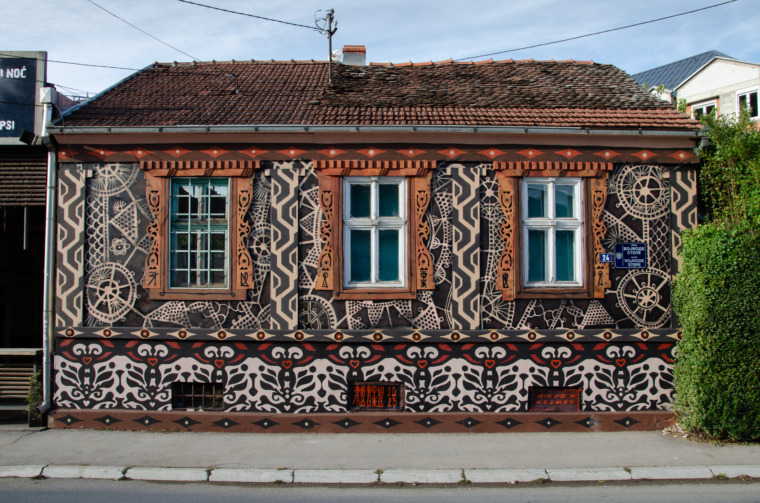
Čačak: Serbia’s Open-Air Gallery of Murals
December 19, 2025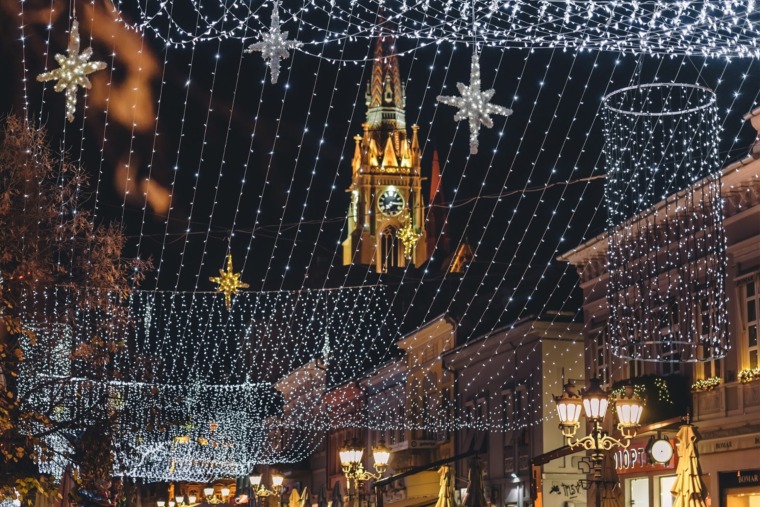
Snow-Free Serbia Travel Ideas for 2026
December 17, 2025
What to Do with Kids in Serbia: Family-Friendly Holiday Ideas
December 14, 2025



